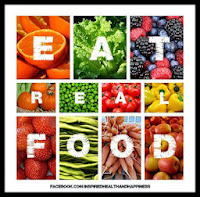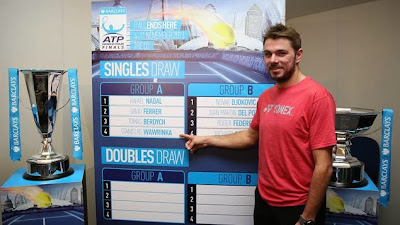Beginners Guide to Best Nutritional Practices for Peak Performance
Food as Fuel
If you have ever trained for a marathon or even a half marathon, you have probably tinkered with your food already. When we ask our bodies to move and go beyond the normal energy requirements of the normal resting metabolism rates, then the difference food can make in athletic performance is significant. When your fitness level is such that you can run or walk more than 3 miles you are ready to start thinking of food as fuel.
One of the great a-ha moments of my fitness and nutrition life happened for me when I went on my first backpacking trip. I noticed the difference in the energy level of my body before a snack versus after a snack for the first time.The difference between satisfaction from hunger is very different than the feeling of moving with energy or ease because of the type and amount of food you are eating.
So when you are running a marathon (I personally prefer halves), there is no question that your running life will be much easier to sustain with greater results in any category you choose to track when you focus on eating foods that will give your body enough energy to move you around and recover from everything you ask it to do.
What are your eating habits now? What is your body type and age? Have you been active your entire life or is running a marathon or half marathon a whim? As always in any situation when you are focused on your health, you should be checked by a trusted medical professional…especially if you are already under their care for something. Listen to your body.
Whether you are beginning to train for a marathon or ready to run one tomorrow the good news is carbohydrates are your friend. If you are at or close to your ideal body weight for your age and height, then you may find adding extra quality carbohydrate calories to your diet is necessary to avoid bonking in your workouts. Carbohydrates are the main component of nutrition in food and the only fuel used by your brain. You need carbohydrates…especially for recovery.
A typical meal plan for training for a marathon would have about 60% carbohydrates, 30% protein and 10% good fats. Here is an example of a healthy meal plan.
Breakfast:
Bagel, fat free cream cheese, banana, and coffee or tea
Morning Snack:
Apple
Lunch:
Healthy salad with lettuce, carrots, cucumber, tuna, boiled egg, dried cranberry, fat free dressing of your choice.
Afternoon Snack:
Celery with peanut butter
Dinner:
Chicken Alfredo with Whole Wheat Pasta and Spinach.
Evening Snack:
Herbal Tea.
Once you have decided to train for a marathon you will be kicking the calories you burn up quite a few notches. Eating healthy nutritious meals regularly is essential for success in fueling your body to give you the best results for races and recovery.



Comments